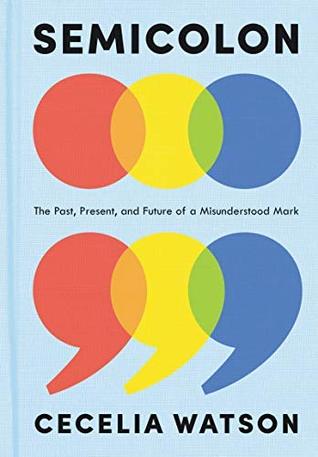More on this book
Community
Kindle Notes & Highlights
Read between
October 25 - November 10, 2024
Any time interpretation is involved (which really means: any time a human being gets involved in anything), there is the opportunity for our best and most beautiful qualities to inflect the material we are interpreting—but there is equally the opportunity for our cynicism, our racism, and our little hatreds and bigotries to be exercised through the application of laws that are at the end of the day inert tools that must be wielded by someone to construct a more or less merciful
Any other vision of our laws—any vision in which they are perfect and complete and speak for themselves—is fantasy.
The Masters are the people who usually don’t really need to refer to the rules in order to use them, and in fact they never needed to memorize the rules in the first place in order to deploy “proper English.”
they like rules because the rules give words to, and validate, an instinctive understanding of usage that the rule lover already has.
So what if you know the password to get into the Ivory Tower if you can’t get back out of it when you need some fresh air and open sky?
Punctuation can let a sentence run or it can hold it in check. Either way the effect can be thrilling.
if you want to take out your red pen and start correcting; then you have missed the opportunity to feel something more meaningful than irritation.
Good punctuation, whether it reins in or lets go, can produce the same kinds of exhilarating effects if we aren’t unwisely reined in ourselves by a sense that language is somehow obliged to a set of rules.
“Remember that writing is not typing,” Solnit advises. “Thinking, researching, contemplating, outlining, composing in your head and in sketches, maybe some typing with revisions as you go and then more revisions, emendations, additions, reflections, setting aside and returning afresh, because a good writer is always a good editor of his or her work.”
Reading a good essay is a bit like watching a well-edited nature show. It gives the illusion of thought spilling naturally and fluidly onto the page. In
Ambiguity can be so unsettling in part because when it comes down to it, all writing is an act of trust. As a reader, you trust a writer to give you some payoff for your efforts. You trust the writer to be telling you the truth, or trying. In turn, as a writer—of an email, a letter, a tweet, a book—you hope that your reader will be generous in interpreting your words.
And even if we happen to be very very good at remembering the rules and applying their most obscure precepts, we have to wonder if our assiduous applications of these details will strike the average reader as mistakes*
Rules have never in human history—and are not now—freeing us from the pitfalls and challenges of interpreting other people’s words and the anxieties of writing down our own.
That love is really for the English language, or for orderliness and organization, or for tradition. None of these things is a foolish thing to love. But if we really love English, or if we love the sense of structure that grammar provides, or if we love traditions and a sense of shared linguistic practices across generations, we have to look somewhere else to celebrate that devotion; rules will be, just as they always have been, inadequate to form a protective fence around English. We will never find the rules, unshiftable, unchangeable, and incorruptible. There are no such things.
Having a more advanced knowledge of a language provides a wonderful opportunity to be welcoming and constructive, if you prioritize communication over a set of fictitious rules.


